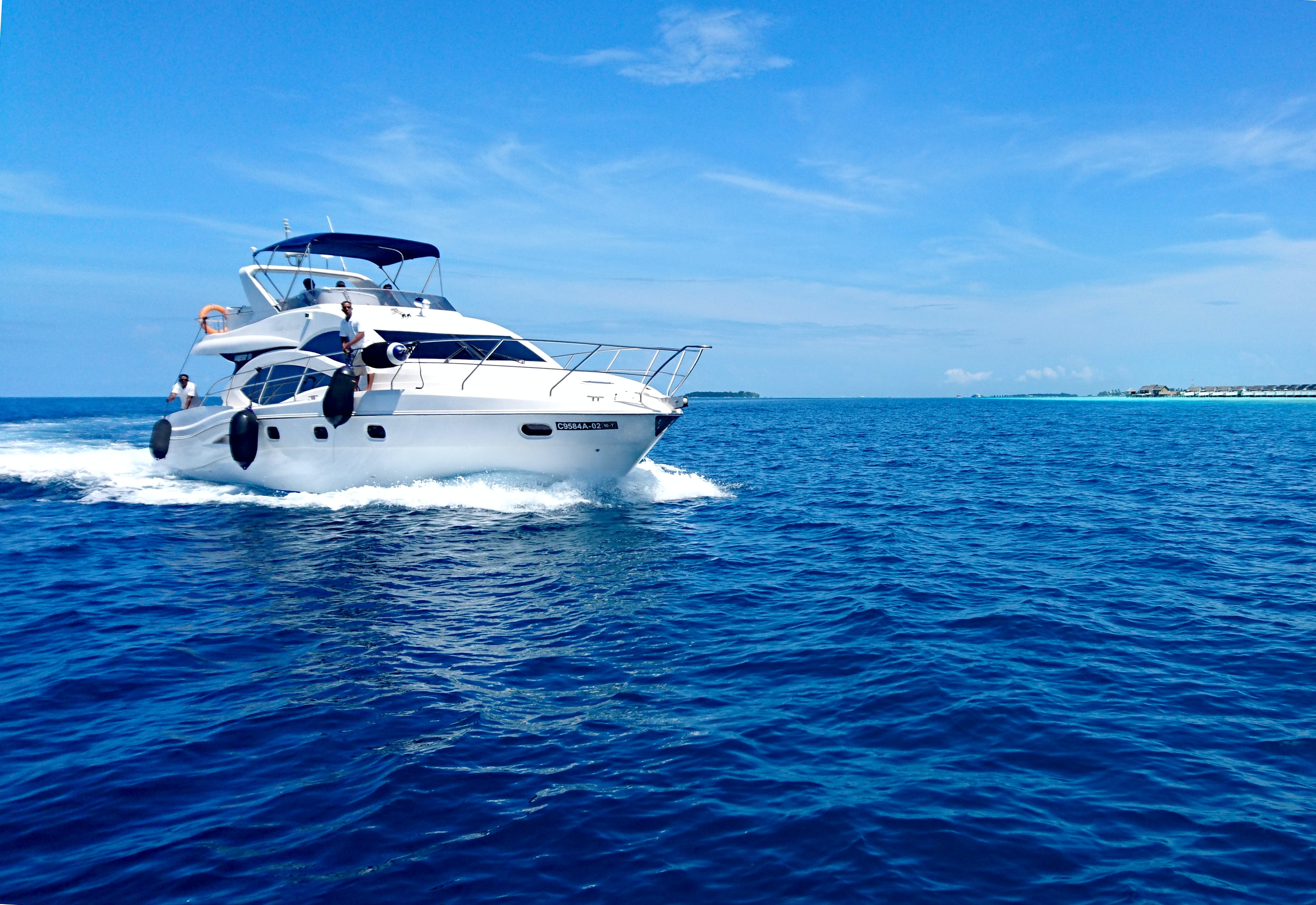As the weather starts to warm up, many boaters are eagerly looking forward to the upcoming season. However, before hitting the water, it's essential to properly prepare your boat and ensure it’s in top condition.
Follow these ten essential tips and launch your boat with confidence this spring.
Inspect the Hull and Propeller
The hull and propeller are critical components of your boat, so it's important to inspect them thoroughly. Look for any signs of damage or wear, including cracks, dents, or corrosion.
If you notice any issues, it's best to have them repaired before launching your boat. Even minor damage can cause significant problems on the water, so don't take any chances.
Check the Electrical System
A malfunctioning electrical system can lead to serious safety hazards including fires, electrocution, and loss of power. Therefore, it's essential to thoroughly inspect it before launching your boat.
Check all wiring, connections, and batteries to ensure they are in good condition. Replace the battery if it shows any signs of wear or if it is not holding a charge. You’ll also want to replace any damaged or worn wiring or connectors to prevent electrical issues.
Test the Bilge Pump
It's important to make sure your bilge pump is working correctly, as any issues with the pump can cause serious problems while on the water. Test it by filling the bilge with water and verifying that the pump kicks on and removes the water. You should be able to hear the pump operating and see the water level decreasing.
If the pump does not kick on or fails to remove the water, it may be a sign that it’s faulty. In this case, have the pump inspected by a professional before hitting the water.
Check the Fuel System
The fuel system is responsible for storing, transferring, and delivering fuel to the engine. A malfunctioning fuel system can lead to poor performance, engine failure, or even safety hazards.
To ensure that your fuel system is in good working condition, it's important to check the fuel lines, filters, and tank for any signs of damage or wear. Make sure all connections are secure and replace any worn components.
Inspect Safety Equipment
Inspecting safety equipment is a crucial part of ensuring that you and your passengers are safe on the water. You will be better prepared for any emergency situations that arise.
Verify that the following items are in good working order and readily accessible:
- Life jackets
- Fire extinguishers
- Flares
- First aid kit
- Navigation lights
- Horn
» MORE: Coast Guard Vessel Safety Checks
Conduct a Thorough Cleaning
A clean boat not only looks better but also performs better on the water. Before spring launch, give your boat a thorough cleaning inside and out.
Clean the hull, deck, and upholstery, and don't forget to scrub the bilge and engine compartment. Pay special attention to areas that are exposed to the sun, as these areas are more prone to damage.
Service the Engine
The engine is the heart of your boat, and proper maintenance is crucial for safe and reliable operation. Conduct a general inspection of all engine components, including belts, hoses, and electrical connections. Look for any signs of wear, damage, or corrosion, and replace any worn or damaged components.
You should also change the oil in your boat's engine. Use the manufacturer's recommended oil type and weight. Replace the fuel filter as well to help prevent clogging.
Verify Navigation Equipment
Navigation equipment is crucial for safe boating, and it's important to verify that all equipment is in good condition before launching your boat.
Check that your GPS and radar are functioning correctly. Verify that the VHF radio has power, and test the antenna and microphone to ensure that you can transmit and receive clearly. Check any other navigation equipment you have on board, such as depth finders or fish finders.
If you identify any issues or concerns, be sure to address them before setting out.
» MORE: Marine VHF Radio Overview
Check the Trailer
If you're trailering your boat to the water, it's important to check it before hitting the road. Inspect the tires, brakes, and lights. You’ll also want to verify that the boat is properly secured to the trailer, and that the weight distribution is correct.
Review Boating Documents and Regulations
Finally, it's crucial to review all boating documents and regulations before launch. Ensure that you have all required licenses, registrations, and insurance documents and that you're aware of local boating laws. Additionally, review safety guidelines and familiarize yourself with the proper procedures for emergency situations.

